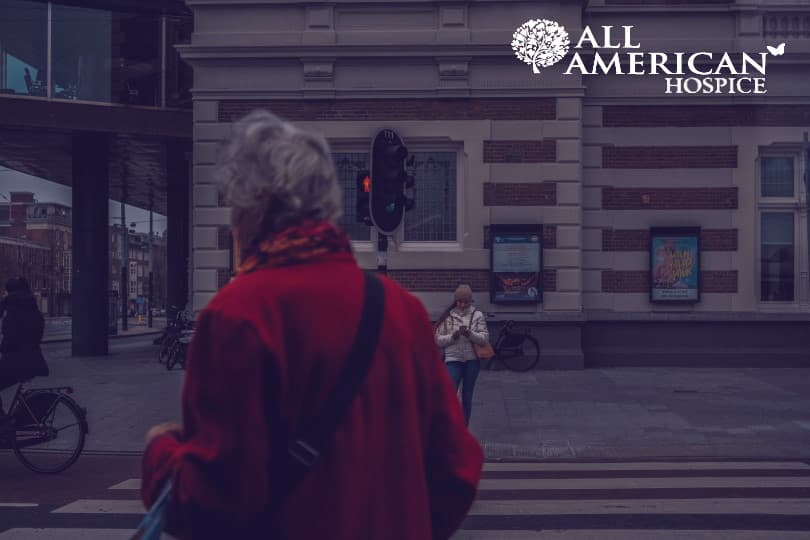Table of Contents

The Main Bladder Cancer Symptoms
Few words exist in the English language that strike as much fear into our hearts as cancer. This deadly disease has been around for a while, and though our methods of combating and controlling it are getting better with time, we are still nowhere near a cure. This is very concerning since about 39% of all men and women are likely to be diagnosed with cancer at some point in their lives.
As we know, there are many different kinds of this disease. As of 2020, the most common kinds of cancer observed in men are prostate, lung, and colorectal cancers. For women, it is breast, lung, and colorectal.
In this article, we will focus specifically on giving you bladder cancer information: what it is, the different kinds of bladder cancer that exist, and the kinds of symptoms you can expect.
What Are the Symptoms of Bladder Cancer?
Bladder cancer patients exhibit many of the following symptoms:
- Urine tinged with blood
- Sharp pain experienced while urinating
- The need to urinate frequently and urgently
- Inability to control the need to urinate
- Experiencing prolonged pain in the abdominal area
- Dull, lingering pain in the lower back
A Closer Look: What Is Bladder Cancer?
Bladder cancer occurs in the bladder, which is an organ that forms a part of the excretory system. It is where we hold our urine. As per the National Institute of Health, roughly 45,000 men and 17,000 women are diagnosed with bladder cancer every year. While the bladder cancer risk factor is not as high as other kinds of cancer, you would be wise to not ignore it.
Different kinds of Bladder Cancer
Bladder cancer patients develop the disease in three ways. These are:
- Transitional cell carcinoma: This is what most bladder cancer patients suffer from. This condition begins in the inner walls of the bladder.
- Squamous cell carcinoma: This is a rare form of bladder cancer. It is caused after a certain kind of cells build up in the bladder after a lengthy infection or irritation.
- Adenocarcinoma: This is also a rare form of cancer.
Bladder Cancer Oncology
Treatment of bladder cancer depends on various factors, chief among which is the stage of your cancer. Your general health and the severity of symptoms you exhibit also dictate the routes open to you. Depending on your condition, you may consider the following treatment options:
Stage 0 to 1
When it comes to stage 0 and stage 1 bladder cancer, treatment may include surgery to remove the tumor from the bladder, chemotherapy, or immunotherapy, in which your immune system is developed and boosted in order to combat cancer cells.
Stage 2 to 3
Stage 2 and stage 3 bladder cancer patients may try:
- Removing part of the bladder and also undergoing chemotherapy
- Removing the entire bladder in a process termed radical cystectomy, followed by a surgery to create a new way for the body to expel urine
- Chemotherapy, radiation therapy, or immunotherapy can be done to shrink the tumor before surgery, to treat cancer when surgery isn’t an option, to kill remaining cancer cells after surgery, or to prevent cancer from recurring.
Stage 4
If you have stage 4 cancer, you might want to look into:
- Chemotherapy without surgery to relieve symptoms and extend the length of life
- Radical cystectomy and removal of the surrounding lymph nodes, followed by surgery, making a new route for urine to be excreted
- Chemotherapy, radiation therapy, and immunotherapy after surgery to kill off the remaining cancer cells or to relieve symptoms and extend the length of life
- Clinical trial drugs
Get Care Today
Bladder cancer is a serious ailment, demanding all your vigilance and attention. You have to take care of yourself and take all the steps you can to protect yourself from this. Half of the diagnosed cases are caused by smoking, so avoiding smoking, smokers, and carcinogenic chemicals, in general, is the best thing you can do. That, and don’t forget to drink a lot of water.
Stay on top of your health. Keep abreast of proper bladder cancer information to know what you should do, and what you can expect. Doctors don’t know exactly what causes bladder cancer, so it may not be preventable all the time. This is why it’s important to get yourself and your loved ones checked out for bladder cancer, and indeed, every other form of it, today.
Keep an eye out for the first signs of bladder cancer – and, if you receive a diagnosis that you are far along the process, reach out to our team of expert hospice caregivers at All American Hospice. Our compassionate health providers are well trained in improving the quality of life for people who have late-stage cancer.

 215-322-5256
215-322-5256
Comments are closed.